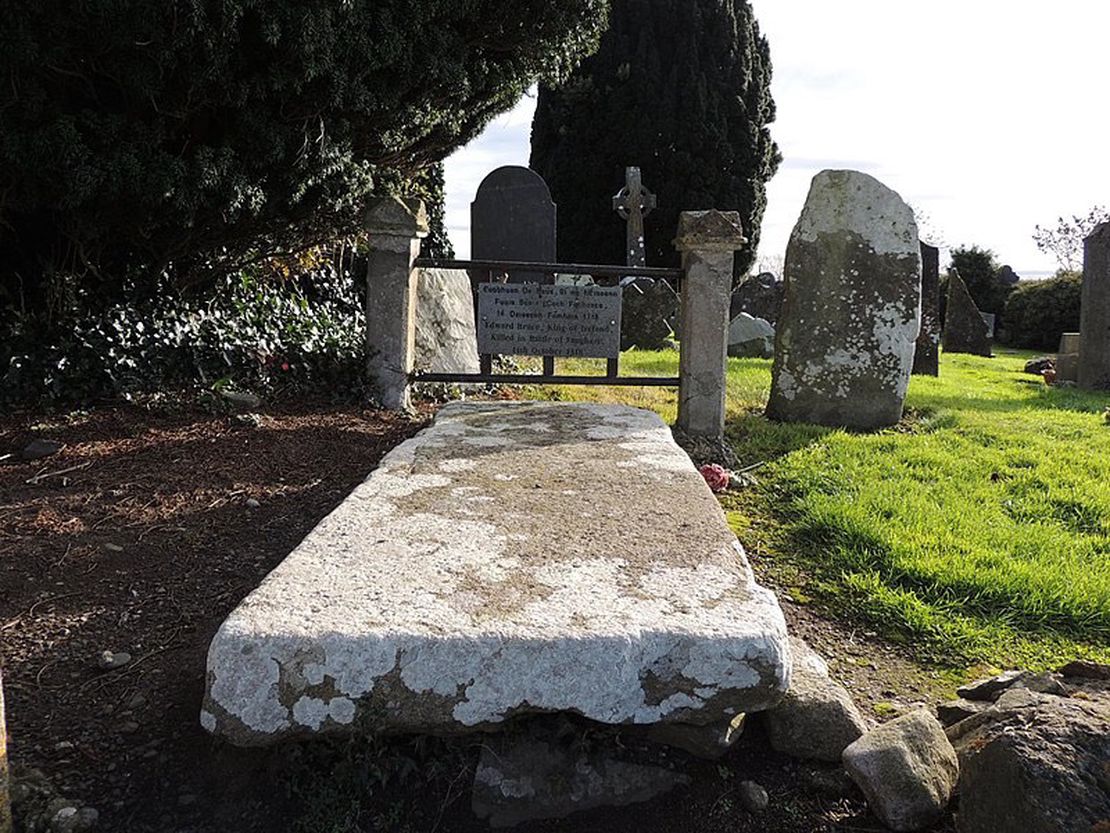- February 1, 1315
Edward Bruce of Scotland, brother to King Robert Bruce of Scotland, and his Irish allies won the Battle of Skerries, also known as the Battle of Ardscull, in County Kildare, Ireland, on January 26, 1316. This victory was part of Edward Bruce’s larger campaign in Ireland, where he landed in 1315 with the aim of opening a second front in the ongoing war between Scotland and England and to extend the Bruce family’s influence by claiming the High Kingship of Ireland.
Edward’s arrival in Ireland was initially welcomed by some of the Irish lords who were eager to throw off English rule. He was proclaimed King of Ireland by his supporters, though his authority was largely nominal outside of the areas directly under his control. The campaign was marked by a series of raids and battles as Edward attempted to consolidate his position in Ireland.
The Battle of Skerries was a significant engagement where Edward Bruce and his forces, comprised of Scottish troops and Irish allies, faced and defeated a larger Anglo-Norman force. This victory boosted the morale of Bruce’s forces and temporarily solidified his position in Ireland. However, despite this and other victories, Edward Bruce’s campaign ultimately struggled due to logistical challenges, a lack of widespread Irish support, and the determined resistance of the Anglo-Norman lords.
Edward Bruce’s Irish campaign ended in defeat and his death at the Battle of Faughart in 1318, near Dundalk, which effectively ended Scottish attempts to establish Bruce as King of Ireland. Despite its ultimate failure, Edward Bruce’s campaign had a lasting impact on Ireland, exacerbating the already troubled Anglo-Irish relations and contributing to the prolonged conflict and instability in the region.

 ← Robert the Bruce, captures Dumfries, Scotland
← Robert the Bruce, captures Dumfries, Scotland